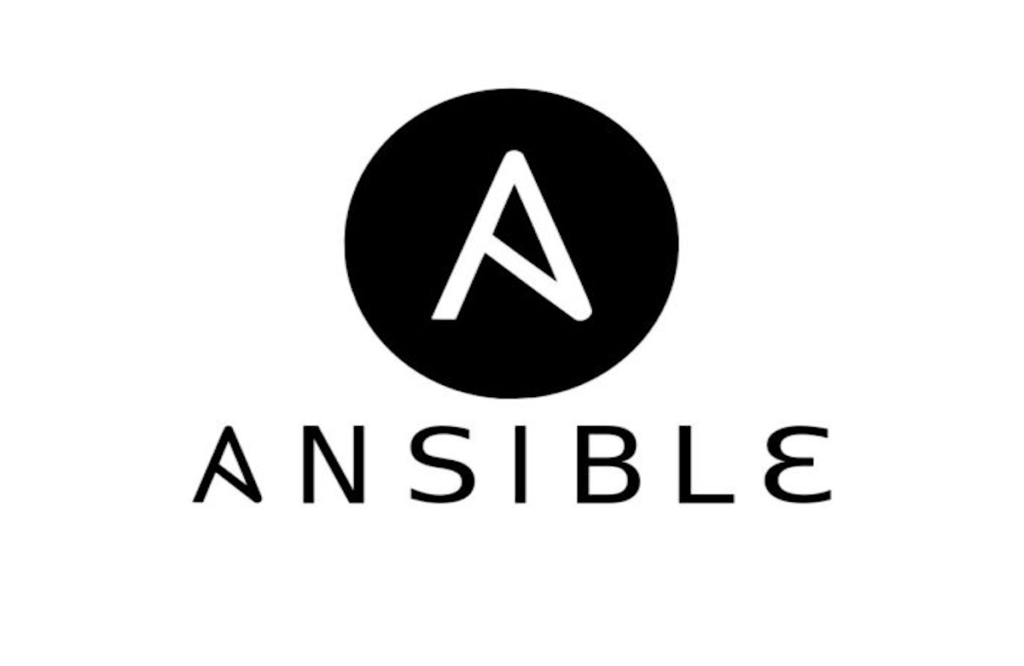Introduction:
As companies strive to modernize and maintain their data platforms, managing infrastructure and automating workflows become essential. Ansible, a powerful open-source automation tool, offers great flexibility and ease of use. To further enhance the capabilities of Ansible, managed service providers have emerged, providing additional features and support. In this blog, we will explore the top managed service options for Ansible and perform a technical comparison based on several criteria, including Purpose and Use Case, Supported Platforms and Integration with the Data Ecosystem, ease of use and learning, scalability, and extensibility. Let’s delve into the details and empower you to make informed decisions in leveraging Ansible’s managed service ecosystem.
Ansible Tower by Red Hat:
- Purpose and Use Case: Ansible Tower is a comprehensive automation platform that adds control, security, and delegation capabilities to Ansible. It simplifies the management and scaling of Ansible automation, making it suitable for enterprises with complex infrastructure and multi-team collaboration.
- Supported Platforms and Integration: Ansible Tower supports a wide range of platforms, including Linux, Windows, and network devices. It integrates seamlessly with various tools such as Jenkins for CI/CD pipelines, AWS, Azure, and VMware for cloud and virtualization management, and monitoring tools like Splunk and Nagios.
- Ease of Use and Learning: Ansible Tower provides a web-based interface, making it user-friendly and easy to navigate. It offers role-based access control and automation workflows, streamlining operations and reducing manual efforts.
- Scalability and Extensibility: Ansible Tower supports scaling horizontally and vertically to accommodate large-scale deployments. It provides APIs and supports custom integrations, enabling extensibility and integration with existing systems.
Ansible Automation Platform by IBM:
- Purpose and Use Case: Ansible Automation Platform, powered by IBM, offers a comprehensive solution for enterprise automation. It enables organizations to streamline IT operations, enhance collaboration, and accelerate the delivery of services.
- Supported Platforms and Integration: The platform supports diverse platforms, including various operating systems, cloud providers like AWS, Azure, and Google Cloud, and virtualization technologies. Integration options include integration with IBM Cloud Pak for Automation, IBM Cloud Pak for Integration, and monitoring tools such as IBM Cloud Pak for Multicloud Management.
- Ease of Use and Learning: Ansible Automation Platform provides a user-friendly web-based interface and offers intuitive workflows for managing automation tasks. It also includes role-based access control and comprehensive reporting for enhanced visibility.
- Scalability and Extensibility: Ansible Automation Platform supports scalability to handle complex IT environments. It provides APIs for integration with other systems, enabling extensibility and customization according to specific needs.
Ansible Galaxy:
- Purpose and Use Case: Ansible Galaxy is a vast community-driven hub for sharing Ansible roles, collections, and modules. It serves as a repository of reusable automation content, providing a wide range of pre-built functionalities.
- Supported Platforms and Integration: Ansible Galaxy supports a broad range of platforms, including Linux distributions, network devices, cloud platforms, and more. It integrates seamlessly with Ansible Core and Ansible Tower, allowing easy consumption of community-created content within Ansible workflows.
- Ease of Use and Learning: Ansible Galaxy offers a simple command-line interface for installing and managing roles and collections. It provides extensive documentation and encourages community collaboration, making it a valuable resource for Ansible users.
- Scalability and Extensibility: As a community-driven platform, Ansible Galaxy benefits from continuous contributions, ensuring a vast library of roles and collections for various scenarios. Its extensibility lies in the ability for users to create and share their own automation content.
Ansible by Microsoft Azure:
- Purpose and Use Case: Microsoft Azure provides native integration of Ansible within its ecosystem, enabling seamless automation and configuration management for Azure resources. It simplifies the provisioning, deployment, and orchestration of Azure services.
- Supported Platforms and Integration: Ansible by Microsoft Azure focuses primarily on Azure services, including virtual machines, storage accounts, and networking components. It integrates tightly with Azure DevOps for CI/CD pipelines and Azure Monitor for monitoring and logging.
- Ease of Use and Learning: Ansible by Microsoft Azure offers comprehensive Azure-specific documentation and provides Azure Resource Manager (ARM) templates for easy resource provisioning. It leverages Azure authentication mechanisms for secure access to Azure resources.
- Scalability and Extensibility: Ansible by Microsoft Azure can scale to handle complex Azure deployments and manage resources at scale. It leverages Azure APIs and provides Azure-specific modules to extend automation capabilities as per Azure’s evolving features.
Conclusion:
In the rapidly evolving landscape of data platforms, leveraging Ansible’s managed service ecosystem offers great potential for streamlining automation and infrastructure management. Each managed service option analyzed in this blog brings unique features and integrations, providing a tailored approach to meet specific needs. Ansible Tower by Red Hat stands out as a comprehensive automation platform with broad integrations and enterprise-grade capabilities. Ansible Automation Platform by IBM offers a robust solution for enterprise automation, tightly integrated with IBM’s ecosystem. Ansible Galaxy serves as a valuable community-driven hub for reusable automation content. Ansible by Microsoft Azure provides native integration within the Azure ecosystem, simplifying the automation of Azure resources. Evaluate your requirements, and consider the purpose, supported platforms, integrations, ease of use, scalability, and extensibility of each option to make an informed decision. With the right managed service for Ansible, you can accelerate your journey toward modernizing and maintaining data platforms.
To empower your data platform modernization initiatives, Anant specializes in Cassandra consulting and professional services. Our expertise in the data engineering space enables us to guide and support you in solving the biggest problems in data. Contact us to explore further insights into the data engineering world.




